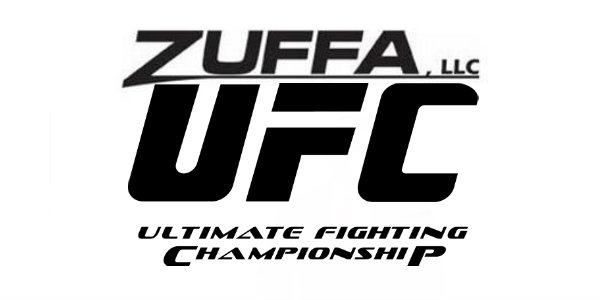UFC Facing Potential $100 Million Lawsuit From Fighters?
Something big is in the works, and it doesn't look good for the UFC

"has violated antitrust laws by abusing their "market power" to intentionally and systematically cripple the free market."Further, the report states, the fighters
"will be seeking damages for potentially hundreds of millions of dollars due to reduced fight purses, video game rights fees, and other sources of income. The final amount could even be greater, with statutes awarding "treble damages" in antitrust cases."This is huge news. The report was based on an investigation by noted MMA journalists John Nash and Brent Brookhouse, and notes that multiple law firms are believed to be involved on behalf of the fighters. Rumours about the lawsuit have apparently been swirling for some time, but it may be that the Reebok deal was the straw that broke the camel's back. More information about the lawsuit is set to be released in the coming week. What does this mean for the UFC? The organisation faced a monopoly investigation in the past, but that inquiry was closed in 2012. However, the new sponsorship deal may have added a wrinkle that lawyers for the plaintiffs can use to their advantage. Will this coincide with renewed talk for a fighter's union? MMA is a peculiar world sometimes - there is no union, unlike the major team sports, and top fighters are paid much less than what a top boxer might take in - though lower fighters tend to make equal if not better money than boxers on undercards. There's no set minimum wage, though the usual standard in the UFC is 8/8 ($8,000 to make an appearance, and an additional $8,000 to win). A fighter making that, assuming they win three fights in a year (no guarantee), could make $48,000 before tax - then lose a percentage due to training costs, agent fees, travel costs, etc. Sponsorships often made the difference, but the UFC began charging a "sponsorship tax" in the hundred thousand dollar range to large corporations who wanted to sponsor fighters (some smaller sponsors, like Dynamic Fastener, were immune from the tax). The tax saw sponsorships begin to dwindle; the Reebok deal effectively killed them off. Money from the deal does go to fighters, but in a tiered system that many have questioned. There is certainly competition in the sport, with ONE FC, Bellator, and the WSOF all being viable options that pay relatively well, but the UFC remains the powerhouse in MMA, and has often operated on the whims of ownership and UFC President Dana White. Could that be about to change? Stay tuned.